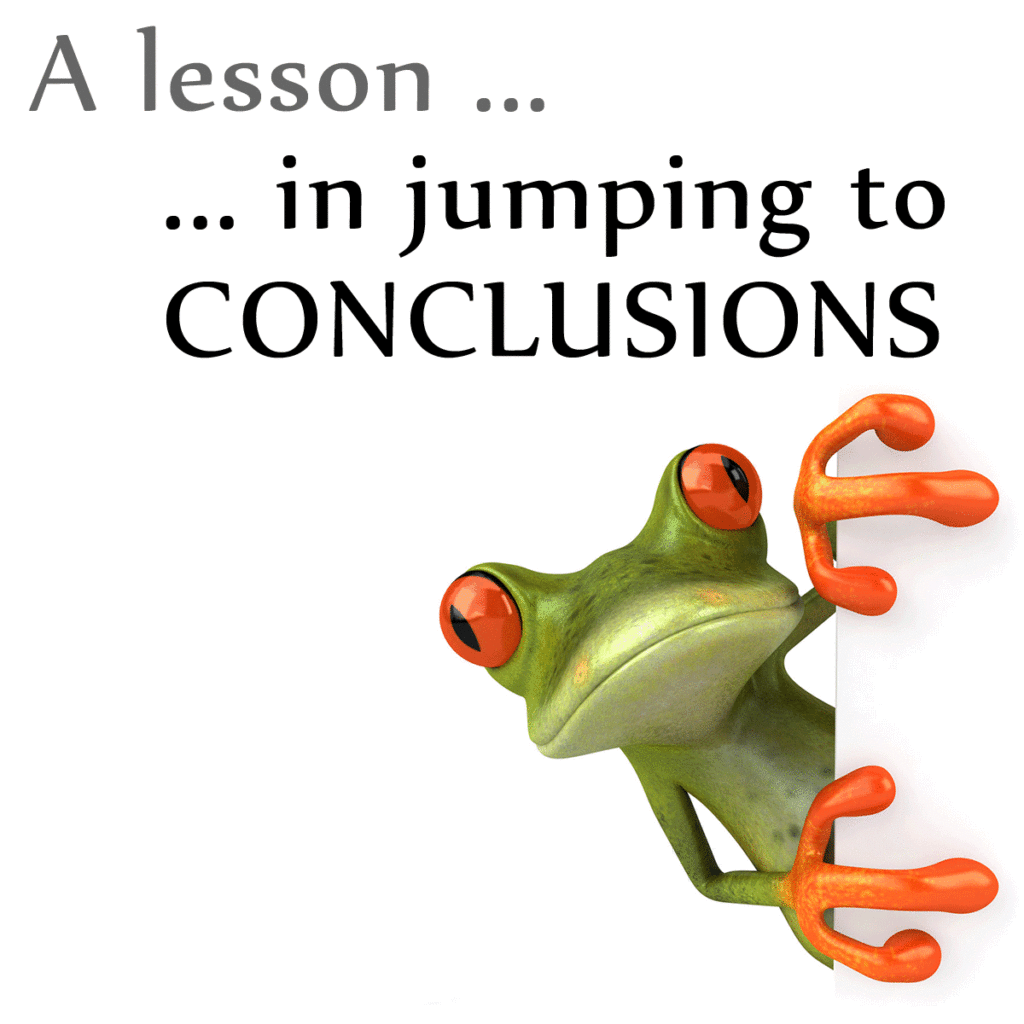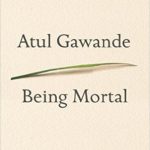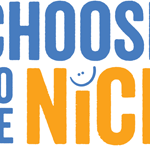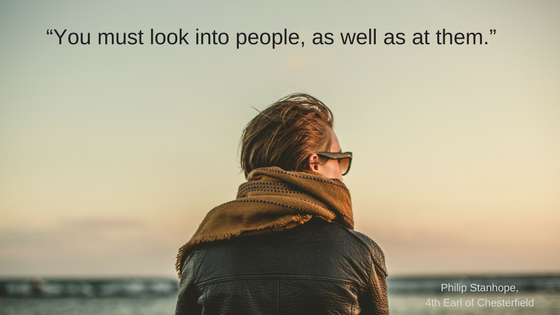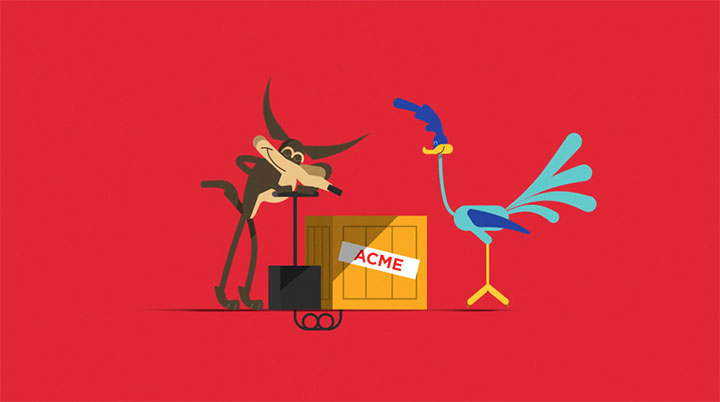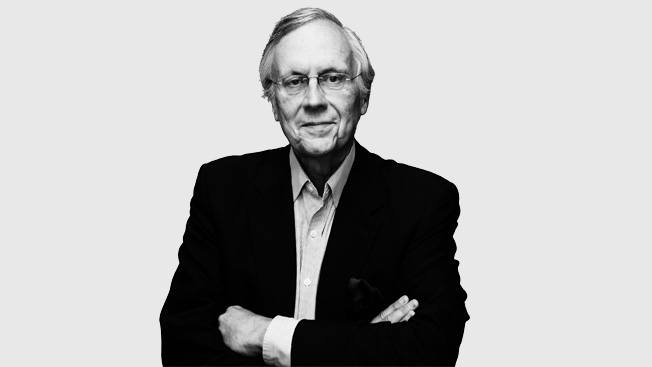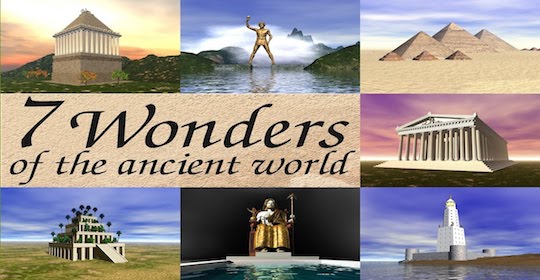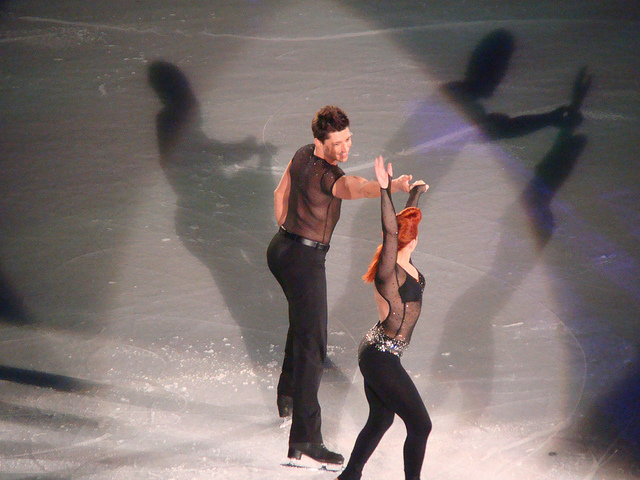“The best cure for a sluggish mind is to disturb its routine.”
—William H. Danforth, 20th Century Founder of The American Youth Foundation
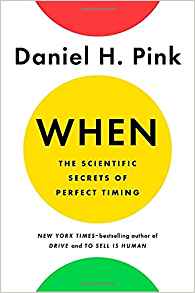
Are you a Lark or an Owl?
Said another way: Are you a morning person or a night person?
Larks are at their best in the morning and usually hit their low energy walls at mid-afternoon.
Owls start their days a bit more slowly, hit their peak at mid-morning, and work productively much later into the day.
In his book, WHEN, Daniel Pink points out that both Larks and Owls need to insert breaks and even an occasional nap into their days. We need this to break up the marathon lives we live and cure our sluggish minds.
EXERCISE:
Where in your day would you most benefit from a change or break, in order to renew or recharge?
Consider blocking out 15-30 minutes each day over the next week, and see what you notice about your effectiveness and productivity.

